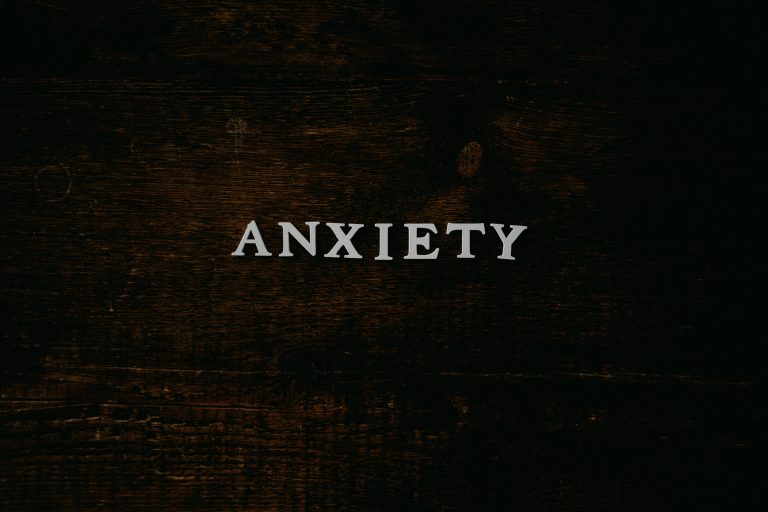What I Wish Someone Had Told Me About How Therapy Actually Works

Hey, you! Have you ever wondered what therapy is really like? Well, buckle up, because I’m about to spill the beans. Therapy is like peeling back the layers of an onion, revealing hidden truths and emotions that you never even knew existed. It’s a journey of self-discovery, a safe space to explore your thoughts and feelings. But here’s the thing: there are some things I wish someone had told me before I started therapy. Like the importance of finding the right therapist, who can guide you through the process. Or the fact that progress isn’t always a straight line, but rather a series of ups and downs. So, let’s dive in and uncover the truths about how therapy actually works, shall we?
The Importance of Finding the Right Therapist
Finding the right therapist is crucial for your therapeutic journey. When it comes to seeking support for your mental health, establishing a strong therapeutic alliance is essential. This is the foundation upon which your healing can take place. A therapeutic alliance refers to the collaborative and trusting relationship between you and your therapist. It is a safe space where you can openly express your thoughts, emotions, and concerns without fear of judgment. The right therapist will create an environment that supports your growth and helps you navigate through life’s challenges. They will listen to you with empathy and provide insightful guidance tailored to your unique needs. Remember, therapy is a deeply personal experience, and finding the right therapist can make all the difference in your path towards healing.
Understanding the Process of Building Trust
As you embark on your therapeutic journey, it is important to understand how the process of building trust with your therapist unfolds. Building rapport and establishing a strong therapeutic alliance are crucial steps in this process. It begins with your therapist creating a safe and non-judgmental space where you can freely express yourself. They will actively listen and validate your experiences, helping you feel understood and supported. Through consistent and open communication, trust gradually develops. Your therapist will respect your boundaries and confidentiality, ensuring that your personal information remains secure. They will also demonstrate empathy, compassion, and genuine care for your well-being. As the therapeutic relationship deepens, you will feel more comfortable sharing your thoughts, emotions, and vulnerabilities. Remember, building trust takes time, but with a supportive therapist, you can gradually open up and experience the healing power of therapy.
Uncovering Deep-Rooted Issues
You will gradually uncover deep-rooted issues by exploring them with your therapist in therapy sessions. Therapy is a healing journey that allows you to delve into the underlying causes of your struggles and find resolution. As you open up and share your thoughts and feelings, your therapist will guide you in understanding the patterns and beliefs that have shaped your life. Together, you will unravel the layers of your experiences, discovering the roots of your challenges. This process may be challenging at times, as it involves exploring painful memories and emotions. However, it is through this exploration that therapeutic breakthroughs can occur. Your therapist will provide a safe and supportive space for you to navigate these deep-rooted issues, helping you gain insight, heal, and grow.
The Realities of Therapy: Progress Isn’t Always Linear
During therapy, you will experience that progress in healing isn’t always a straightforward, linear process. It’s important to understand that therapy is not a magic fix and that setbacks and plateaus are a normal part of the process. One of the challenges in measuring therapy progress is that it can be difficult to quantify emotional healing. Unlike physical health, emotional healing is subjective and varies from person to person. This means that progress can’t always be measured in concrete terms, such as the number of therapy sessions attended or the achievement of specific goals. Additionally, setbacks and plateaus are to be expected on your healing journey. It’s common to encounter obstacles or moments when you feel stuck. However, these setbacks and plateaus can actually be valuable opportunities for growth and self-reflection. Navigating through them with your therapist can lead to breakthroughs and deeper understanding. Remember, progress in therapy is not always a straight line, but a winding path towards healing.
The Role of Self-Reflection and Homework in Therapy
The incorporation of self-reflection and homework in therapy plays a vital role in deepening your understanding and facilitating your healing journey. Self-reflection allows you to explore your thoughts, emotions, and behaviors in a safe and non-judgmental space. It helps you gain insight into patterns and triggers that contribute to your struggles. Journaling is a powerful tool for self-reflection, as it allows you to express yourself freely and reflect on your experiences. Therapy assignments, such as completing worksheets or practicing coping skills outside of sessions, provide opportunities for you to apply what you have learned in therapy to real-life situations. These assignments help reinforce new skills and strategies, and they encourage active participation in your own healing process. By engaging in self-reflection and completing therapy assignments, you actively contribute to the progress and success of your therapy journey.

